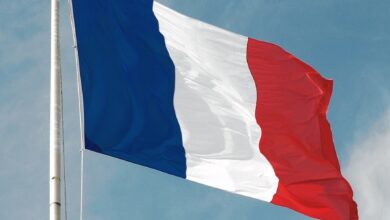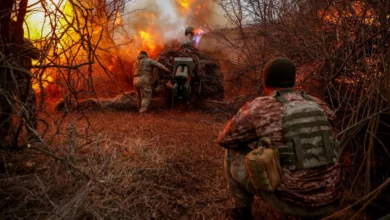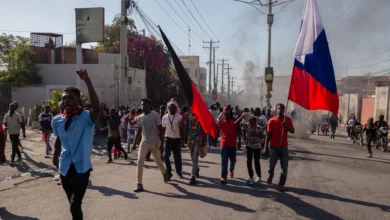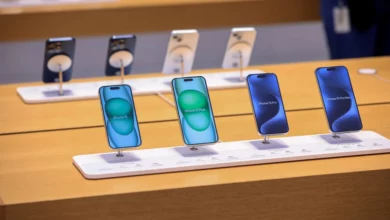
Rival Libyan political leaders could face European asset freeze and travel sanctions if they are deemed to be deliberately blocking attempts to broker a settlement between the country's warring factions, diplomats said on Friday.
After months of negotiations, the UN envoy has presented Libya's rival factions with a proposed national unity government, but hardliners on both sides have resisted the power-sharing deal and talks have stalled.
The United Nations has warned about possible sanctions before and the European Union has previously considered travel bans and asset freezes against five Libyan military commanders threatening violence against a future government.
Lawmakers in both the elected House of Representatives parliament in eastern Libya and the rival General National Congress in Tripoli in the west of the sprawling North African OPEC state have delayed any official vote on the deal.
Western powers say a UN-backed agreement for a unity government is the only way to end the conflict between the rival factions and their armed allies competing for power four years after rebels overthrew Muammar Gaddafi.
They have been prodding both sides to accept the peace plan and promised more aid, worried that Islamist militants and people-smugglers have gained ground in Libya's chaos just across the Mediterranean from mainland Europe.
"Sanctions are back on the agenda. The option of UN sanctions would be better, but if we can't do that we can go through the EU. We will at some point need to look at who meets the conditions for these sanctions," one diplomat said.
"Crunch time"
"We are at a crunch time, we need the political leadership to take political decisions so the national accord can work. Those who prevent that from happening need to see there will be consequences."
Any EU sanctions would still be in coordination with the United Nations envoy Bernardino Leon to make sure they supported his dialogue efforts, another diplomat said.
European sanctions were last discussed on Oct. 20 at the ambassadorial level in Brussels and they are also being debated at EU working group level. They are likely to come up again at the next EU foreign ministers' meeting in mid-November.
"Sanctions are definitely part of the conversation, but anything will be carefully coordinated with Bernardino Leon and right now the focus is on diplomacy," the diplomat said.
Libya has fallen into turmoil with its internationally recognized government and elected parliament on one side and a self-styled administration holding Tripoli on the other, each backed by regional, tribal or Islamist armed factions.
Moderates in both camps supporting the agreement have faced resistance from political hardliners and from some military commanders who believe they can still gain from fighting.
UN envoy Leon said last week consultations continued with both sides and warned small factional leaders not to obstruct attempts to create a unity agreement and peace deal.
Since last year, Tripoli has been controlled by Libya Dawn, an alliance of armed factions linked with Misrata city, and more Islamist-leaning armed groups who took over the capital and set up their own government and reinstated the old parliament.
The internationally-recognized government and parliament have since operated out of the east, backed by a coalition of other armed factions, including General Khalifa Haftar, once an ally of autocrat Gaddafi.
But a supreme court ruling against the elected parliament and the Oct. 20 end of its mandate have critics questioning its legitimacy, especially after lawmakers extended their own term until they can hand over power to the next elected body.




